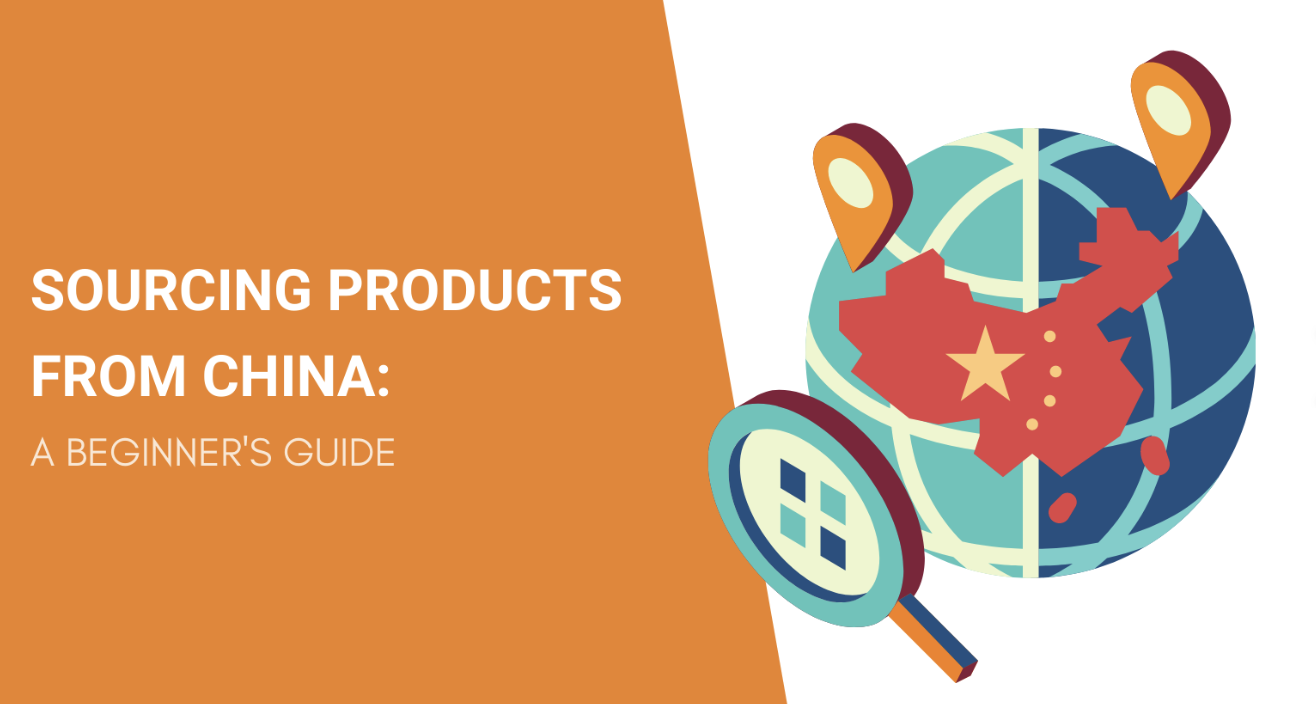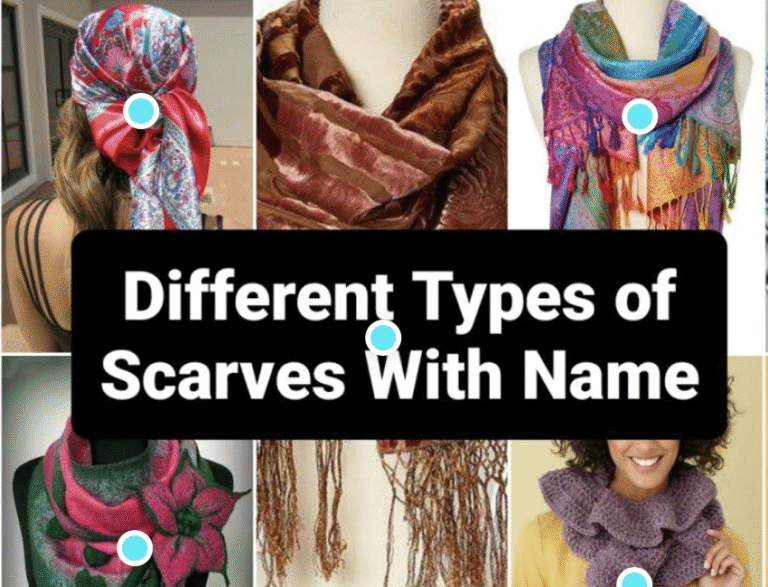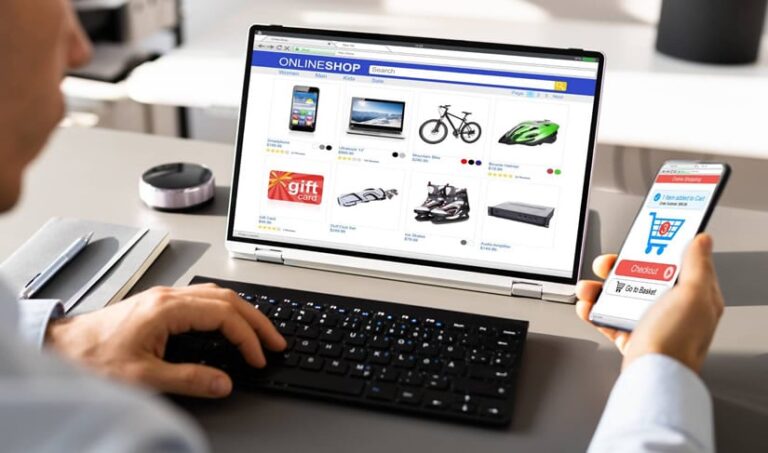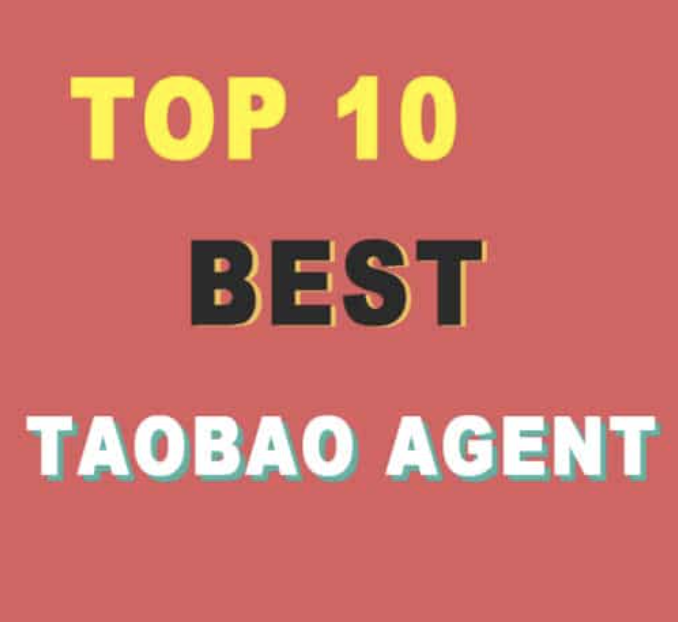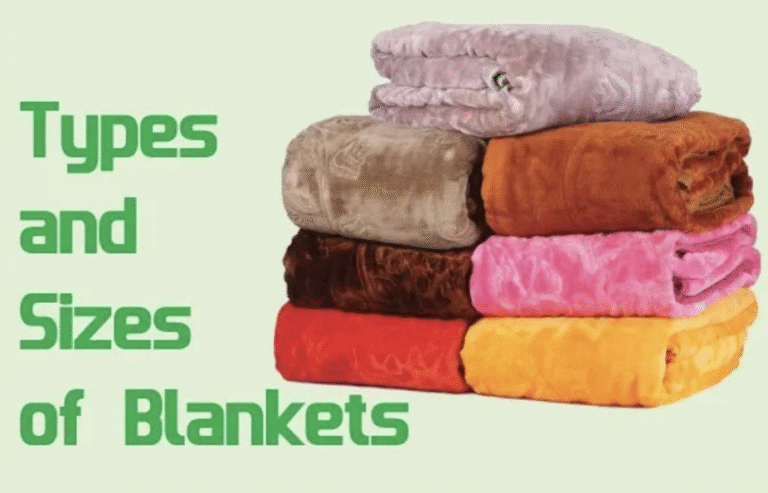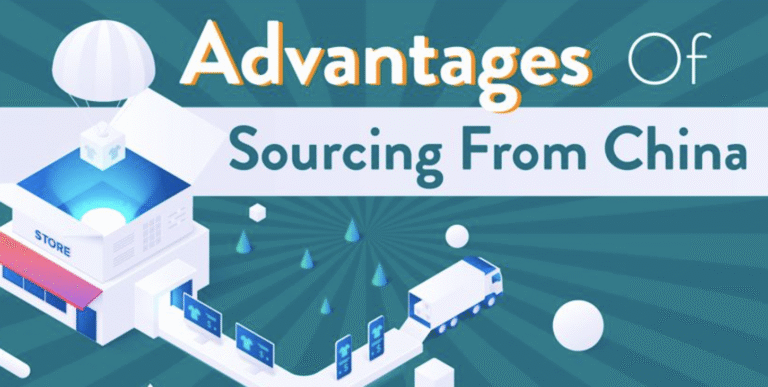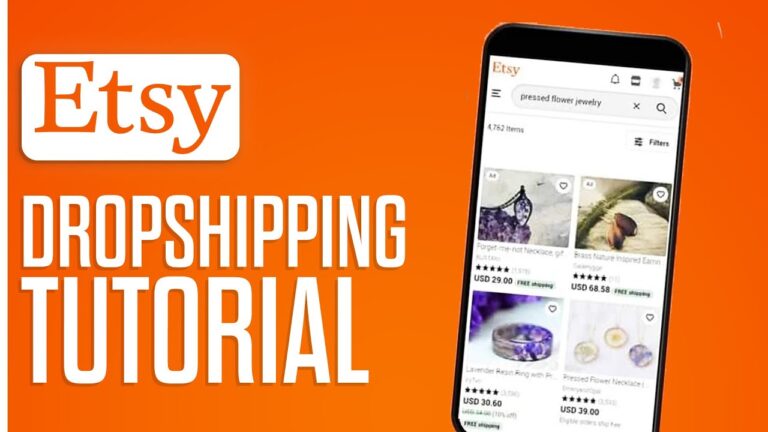Sourcing Products from China: A Complete Guide for 2025
Introduction to Sourcing from China
Whether you’re a new eCommerce entrepreneur or a seasoned importer, sourcing products from China remains one of the most effective ways to scale a product-based business. Thanks to China’s advanced manufacturing infrastructure and wide array of suppliers, businesses can source everything from electronics and textiles to toys and fitness gear—often at a fraction of Western production costs.
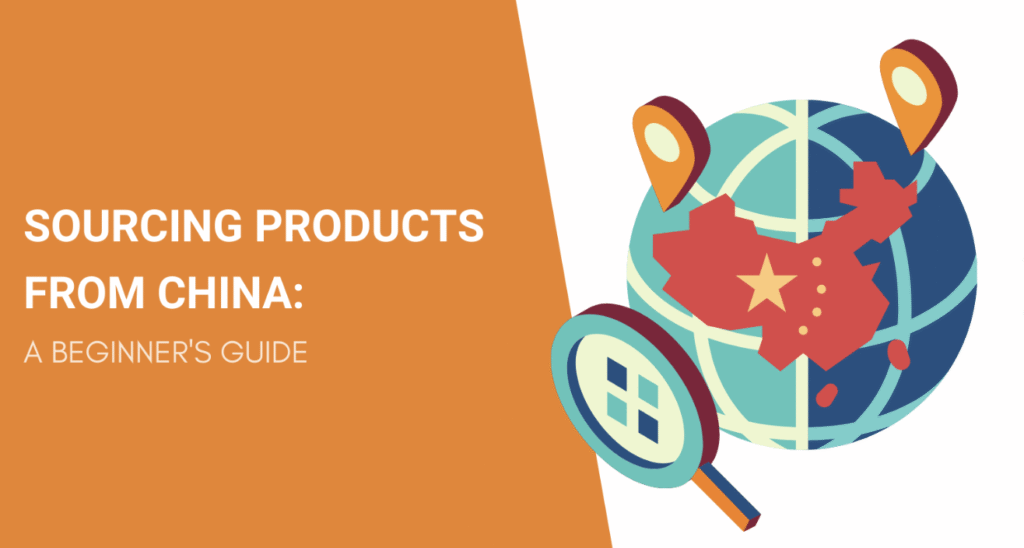
But success in sourcing isn’t just about finding a cheap supplier. It’s about finding the right product, ensuring quality, managing logistics, and navigating communication challenges.
In this comprehensive 2025 guide, we’ll walk you through how to source from China efficiently, avoid common mistakes, and tap into reliable services like Simoosourcing for hassle-free procurement and freight forwarding.
Table of Contents
Why Sourcing Products from China Is Still a Smart Move
- China remains the world’s largest manufacturer, producing over 28% of global goods.
- Flexible MOQs (minimum order quantities) let even small startups compete.
- Established supply chains mean faster turnaround and customizability.
Despite rising labor costs and geopolitical tensions, China’s ecosystem for global trade is unmatched.
Common Myths About Sourcing from China
- “All Chinese products are low quality” – Not true. Quality depends on supplier selection, inspection, and communication.
- “Sourcing is only for big companies” – Many suppliers work with small MOQs and support startups.
- “It’s too complicated” – With tools, agents, and services like Simoosourcing, the process is now streamlined and beginner-friendly.
Benefits of Sourcing from China
Cost-Effectiveness
- Labor, material, and overhead costs in China are lower than in Western countries.
- Bulk orders and flexible pricing structures allow for higher profit margins.
Manufacturing Expertise
- Factories specialize in various niches—electronics in Shenzhen, textiles in Guangzhou, and more.
- Rich experience in OEM (custom manufacturing) and ODM (ready-made products).
Wide Product Variety
- From fashion to tech, you’ll find countless options.
- Massive markets like Yiwu offer physical access to thousands of suppliers.
Top Platforms to Source Products from China

Alibaba
The most popular sourcing platform, especially for B2B.
Features:
- Verified and Gold Supplier badges
- Trade Assurance for buyer protection
- In-platform messaging and RFQs
Global Sources
Focused on higher-end electronics, gadgets, and innovations.
Pros:
- Stricter supplier vetting
- Regular trade shows and sourcing events
Made-in-China
Similar to Alibaba but often preferred by European businesses.
Highlights:
- Deep supplier categories
- Supports customization and smaller orders
Yiwu Market and Canton Fair: Exploring China’s Offline Sourcing Giants
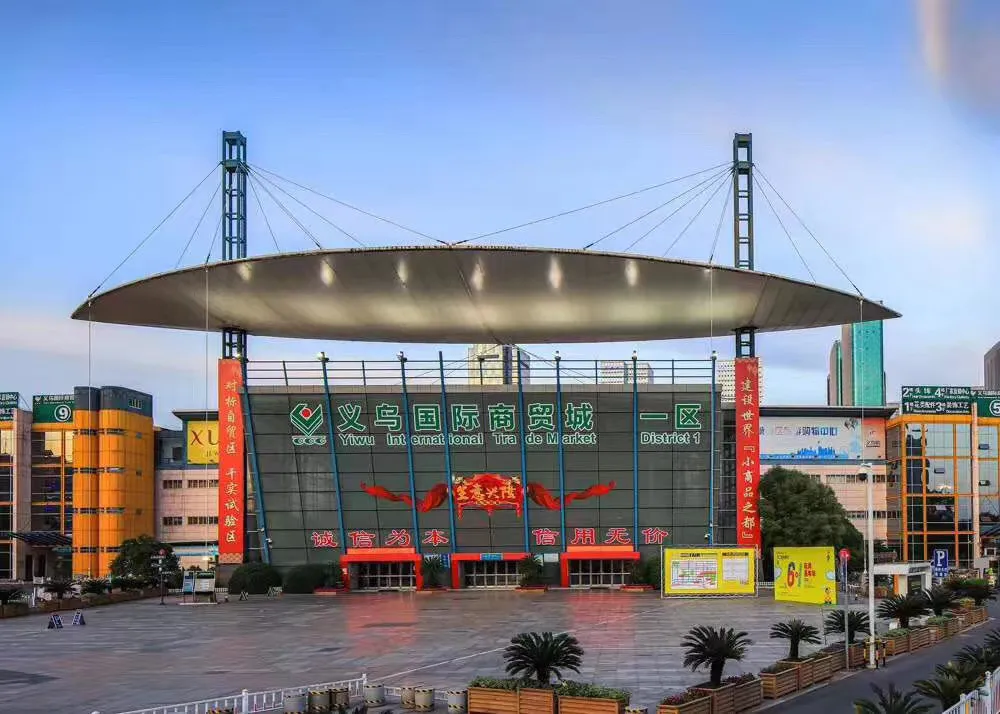
While most modern sourcing is done online through platforms like Alibaba, some of the best deals, unique product finds, and direct supplier connections happen offline. Two of China’s most renowned sourcing hubs—Yiwu International Market and the Canton Fair—have played a central role in global trade for decades.
If you’re serious about building a scalable eCommerce brand or launching a wholesale product line, visiting Yiwu or the Canton Fair can be a game-changer.
Let’s dive into what makes these markets so powerful and how to get the most from them.
Yiwu International Trade Market: The World’s Largest Wholesale Market
Located in Zhejiang Province, Yiwu is often called the “supermarket of the world”—and for good reason. It’s home to the largest small commodities market globally, officially recognized by the UN and World Bank.
Key Stats & Features:
- Over 75,000 supplier booths
- 500,000+ products across 26 categories
- Open year-round (except national holidays)
- 5 massive districts covering over 5.5 million square meters
Main Product Categories in Yiwu:
- Jewelry and accessories
- Toys and crafts
- Household items
- Stationery and office supplies
- Fashion and clothing
- Hardware and electronics
Why Yiwu is Great for Sourcing:
- Low MOQs: Many suppliers offer low minimum order quantities—perfect for small businesses and testing.
- Price Negotiability: Bulk buyers often enjoy flexible pricing.
- Immediate Sample Access: You can see, touch, and test the quality on the spot.
- On-the-ground logistics: Yiwu has built-in freight forwarding services, including direct sea and air shipping to Europe, the U.S., and the UK.
Tips for Visiting Yiwu:
- Bring a translator or work with a sourcing agent who knows the market.
- Wear comfortable shoes—the market is massive.
- Always negotiate prices, especially for large orders.
- Take photos of booths and note stall numbers for follow-up.
Canton Fair (China Import and Export Fair): China’s Premier Trade Show
Held in Guangzhou, the Canton Fair is the oldest, largest, and most comprehensive trade fair in China. Organized twice a year (Spring and Autumn), it’s attended by over 25,000 exhibitors and 200,000+ buyers from around the world.
Event Details:
- Established: 1957
- Location: Guangzhou, China
- Frequency: Twice a year (April and October)
- Duration: Each session lasts about 15 days, divided into 3 phases based on product category
Phases and Product Categories:
| Phase | Focus |
|---|---|
| Phase 1 | Electronics, appliances, industrial tools |
| Phase 2 | Home décor, consumer goods, toys, gifts |
| Phase 3 | Textiles, garments, health, office supplies |
Why Attend the Canton Fair?
- Meet face-to-face with top-tier manufacturers
- Discover trending and innovative products
- Negotiate better deals and build relationships
- Access to exclusive and custom product options
- Great for medium-to-large scale buyers and retailers
Tips for Attending the Canton Fair:
- Register online early for your buyer badge
- Book hotels near the venue well in advance (they sell out fast)
- Bring plenty of business cards, samples of your brand (if private labeling), and note-taking tools
- Use a translation app or interpreter for clearer communication
- Visit multiple booths for price comparison and supplier validation
Bonus Tip:
Many suppliers at the Canton Fair also operate on Alibaba or Made-in-China, so you can follow up online later and place bulk orders confidently.
Yiwu vs Canton Fair: Which Is Better for You?
| Feature | Yiwu Market | Canton Fair |
|---|---|---|
| Open Year-Round | Yes | No (April & October) |
| Best For | Small buyers, dropshippers, SMEs | Bulk orders, retailers, importers |
| MOQ Flexibility | Low | Medium to high |
| Product Variety | Small, low-tech goods | Everything from apparel to machines |
| Face-to-Face Deals | Yes | Yes |
| Direct Factory Access | Sometimes (more traders) | Mostly manufacturers |
Why Consider Offline Sourcing in 2025?
With rising competition online, going offline gives you an edge:
- You discover products not listed on Alibaba
- Build stronger trust with suppliers
- Speed up sample and prototype testing
- Customize products more easily
If you’re launching a new brand, expanding a private label business, or simply looking to get better deals and faster shipping, a sourcing trip to Yiwu or Canton Fair is a solid investment.
Finding the Right Supplier
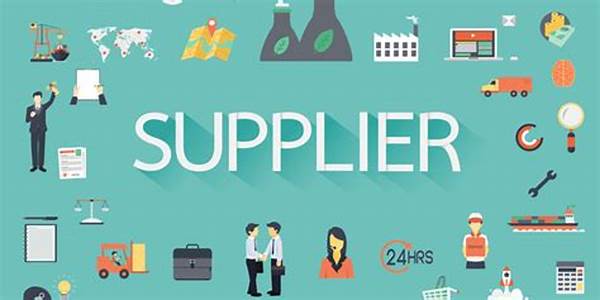
Supplier Verification
Use platform tools to review:
- Business licenses
- Factory photos
- Certifications (CE, FDA, ISO)
Gold Supplier vs Verified Supplier
- Gold Supplier: Paid membership—shows commitment but not necessarily quality.
- Verified Supplier: Inspected by Alibaba or third parties—more trustworthy.
Communication Tips
- Be clear, concise, and respectful.
- Use bullet points, specifications, and photos.
- Confirm time zones and expected response times.
Private Label vs White Label Sourcing
Definitions and Key Differences
- White Label: A generic product manufactured by a supplier that you rebrand and sell under your own label. Minimal customization.
- Private Label: A product manufactured specifically for your brand with custom designs, features, and packaging.
| Feature | White Label | Private Label |
|---|---|---|
| Customization | Minimal | High |
| MOQ Requirements | Low | Medium to High |
| Time to Market | Fast | Slower (design + sample phase) |
| Best For | Testing product ideas | Building a long-term brand |
Which Is Best for Your Business?
- White label is ideal for dropshippers and new sellers testing products.
- Private label is best for entrepreneurs focused on brand building and long-term profit.
Sample Orders: Why and How to Do It Right
Before placing a bulk order, always request a sample. This helps you verify:
- Product quality
- Material used
- Packaging
- Functionality
What to Ask Suppliers:
- Photos/videos of the sample
- Customization options (e.g., logo, label, color)
- Lead time for sample and production
Tip: Reputable suppliers will often refund the sample cost after a confirmed bulk order.
Quality Control and Inspection
Pre-shipment Inspections
Hire an independent QC agency to perform a pre-shipment inspection. They’ll check:
- Quantity and product conformity
- Packaging and labeling
- Defects and visual inspection
- Functionality tests
Hiring Third-Party QC Agencies
Popular options include:
- QIMA (formerly AsiaInspection)
- SGS
- Bureau Veritas
Expect to pay around $200–$300 for an inspection, depending on product type and location.
Common Challenges in Sourcing from China
Language Barrier
While many suppliers speak English, nuances in communication can cause misunderstandings. Use clear specs and visual aids.
Shipping and Logistics
Freight can be confusing for beginners. Customs clearance, Incoterms, and taxes must be understood.
Solution: Use a sourcing agent or freight forwarder like Simoosourcing to handle it all.
Quality Consistency
What you see in samples might not match the final product. Regular QC checks and long-term supplier relationships solve this.
Sourcing Through Agents vs Doing It Yourself
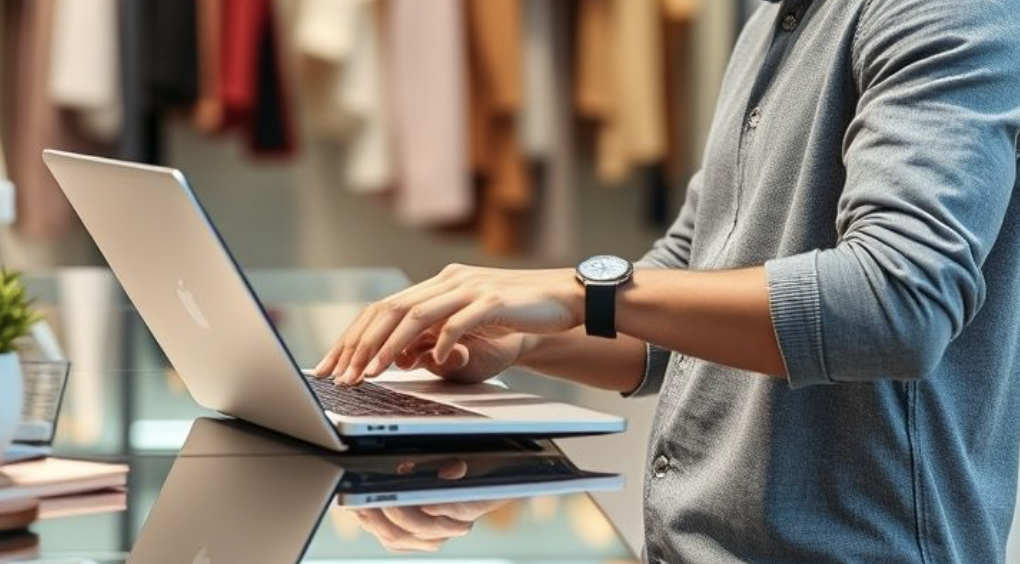
Pros of Using a Sourcing Agent:
- Handles supplier negotiation
- Provides quality inspection
- Manages shipping and customs
- Ideal for UK or EU-based businesses unfamiliar with Chinese systems
Cons:
- Adds service fees (usually 5–10%)
- Less direct contact with suppliers
When to Use One:
- When sourcing complex or custom products
- When you’re scaling and need to free up time
How Simoosourcing Helps With Product Sourcing and Shipping
Sourcing, Quality Check, and Freight Forwarding
Simoosourcing is a one-stop solution for businesses looking to source products from China and ship them globally—especially to the UK.
Services Offered:
- Product sourcing and supplier verification
- Sample procurement and inspection
- Private label and packaging customization
- Pre-shipment inspections
- Warehousing and fulfillment
- Freight forwarding (sea, air, and express)
Why UK Importers Trust Simoosourcing
- UK-based support and communication
- Transparent pricing and no hidden fees
- Experience with Amazon FBA, Shopify, and independent retail
- Strong logistics network from Chinese ports to UK fulfillment centers
💼 Bonus: If you’re a UK brand looking to scale, Simoosourcing offers dedicated account managers and door-to-door delivery—including customs clearance.
Freight Forwarding from China to UK
Services Offered by Simoosourcing
Simoosourcing doesn’t stop at product sourcing. They also specialize in freight forwarding from China to the UK, offering:
- LCL and FCL sea freight
- Express and air freight
- Full customs clearance and documentation
- Amazon FBA prep and labeling
End-to-End Logistics Made Easy
With Simoosourcing, businesses get:
- Pickup from factory
- Consolidated shipping
- Duty and VAT calculation support
- Delivery to warehouse or FBA center
This removes the guesswork and delays from traditional shipping methods.
Table: Comparison of Top Sourcing Platforms
| Platform | Strengths | Ideal For | Buyer Protection |
|---|---|---|---|
| Alibaba | Largest supplier database | Private label, OEM sourcing | Trade Assurance |
| Global Sources | High-quality electronics | Retailers and tech businesses | Verified Suppliers |
| Made-in-China | Trusted by EU buyers | White label, small MOQ sourcing | Third-party audits |
| Simoosourcing | End-to-end service + UK freight | Full-service sourcing and shipping | Managed support |
Tips to Succeed at Sourcing from China
- Do your research – Know your product, market, and competitors.
- Verify suppliers – Use verified or audited partners only.
- Use samples – Always inspect before bulk orders.
- Negotiate terms – MOQs, prices, and lead times can be flexible.
- Understand Incoterms – Like FOB, CIF, and EXW.
- Hire professionals – Agents or QC teams can save thousands.
- Choose the right freight method – Based on weight, cost, urgency.
Conclusion
Sourcing products from China is not only feasible in 2025—it’s one of the smartest strategies to scale your brand globally. With the right knowledge, tools, and partners like Simoosourcing, you can enjoy cost savings, quality control, and streamlined logistics.
Whether you’re starting your first Shopify store or expanding your Amazon product line, this guide equips you with the confidence to source smarter and grow faster.
FAQs About sourcing products from china
1. Is sourcing products from China still profitable in 2025?
Yes. Despite inflation and supply chain fluctuations, margins are still high if done correctly.
2. How do I find trustworthy suppliers in China?
Use platforms like Alibaba, hire agents like Simoosourcing, and conduct thorough supplier verifications.
3. What’s the minimum order quantity (MOQ) when sourcing from China?
Varies by product—can range from 50 units (apparel) to 500+ (electronics).
4. Can I source branded products from China?
No—selling counterfeit or trademarked items without licensing is illegal.
5. How do I avoid scams when sourcing from China?
Use Trade Assurance, avoid off-platform payments, and partner with vetted sourcing companies.

